You step into your backyard, stretch a little, and glance around—only to notice a camera lens pointed your way from next door. It’s a strange feeling, isn’t it? These days, home security cameras are everywhere, and while they’re meant to protect, they often raise a different concern: Am I being watched on my own property?
That’s not just a passing thought. If a neighbor’s camera is recording your front door, backyard, or even the inside of your windows, it can feel like a serious invasion of privacy. But is it legal? What are your rights when someone else’s camera captures part of your life? In this article, we’ll break down what the law allows, what it doesn’t, and what you can actually do if your neighbor’s camera crosses the line.
Is It Legal for My Neighbor to Record Me?
In most U.S. states, your neighbor is allowed to install security cameras on their property. It’s legal as long as the cameras only record public or shared areas—like the street, sidewalk, or a shared driveway.
However, if a camera is pointed at private spaces such as your backyard, bedroom window, or inside your home, that may violate your right to privacy. Laws vary by state, but if a space is considered private and the recording feels intrusive, you could have legal grounds to take action. If you’re unsure, check your local laws or speak with a legal expert. What’s allowed in one state may not be in another.
When Recording Becomes Invasive?
So when does a security camera go from legal protection to illegal invasion? It often comes down to how much of your private life the camera can see—and why it's being used. If a camera captures more than just public views, it may be crossing the line.
Watch for these red flags:
• The camera is pointed directly at your bedroom, bathroom, or other private areas
• It records audio clearly without your knowledge or consent (which is illegal in many states)
• There's a pattern of surveillance that feels like harassment or stalking
• The camera uses infrared at night to see inside your windows
• It’s hidden or disguised in a way that suggests it’s not for general security
If you notice one or more of these signs, it may be time to take action. The next section will walk you through exactly what steps you can take if you feel your privacy is being violated.
How to Handle a Neighbor Recording Your Private Space
If you feel like a neighbor’s camera is recording parts of your property that should be private, here’s how you can respond—calmly, clearly, and with purpose:
Step 1: Check the camera’s direction Walk around your yard or near your windows. Use your phone or a small mirror to see exactly where the camera is pointed. Pay attention to whether it captures areas like your backyard, bedroom windows, or inside through glass doors.
Step 2: Gather visual proof Take clear photos or a short video showing the position and angle of the camera. This is your evidence if you need to escalate the issue later.
Step 3: Talk to your neighbor Start with a simple, respectful conversation. Let them know you’ve noticed the camera and it’s making you uncomfortable. Some people will adjust it without hesitation once they understand your concern.
Step 4: Offer a solution Suggest adjusting the angle, adding a privacy barrier, or using masking features if their camera has that option. Being solution-focused often helps avoid tension.
Step 5: Keep a record and seek advice If the problem continues, save your notes, photos, and any conversations. You can reach out to your homeowners’ association, a local mediator, or even a legal advisor to learn about your rights.
Step 6: File a formal complaint if necessary When friendly talks fail and your privacy is clearly being invaded, you may need to report the issue. Depending on your state laws, you could file a complaint for harassment or illegal surveillance.
You don’t have to accept being watched in your own space. Taking these steps gives you both clarity and control—and a better chance at resolving the problem the right way.
Common Myths About Camera Legality
When it comes to home security cameras, a lot of people assume they can record whatever they want as long as it’s on their property. But that’s not always true. Here are some of the most common misunderstandings—and what the law actually says.
|
Myth
|
What’s Actually True
|
|
“It’s my property. I can point my camera anywhere.”
|
You can install cameras on your property, but they shouldn’t capture areas where others have a reasonable expectation of privacy, like a neighbor’s bedroom window or backyard.
|
|
“If I don’t record sound, it’s always legal.”
|
Video alone can still be a privacy issue, especially if the camera looks into private spaces. Also, some states require consent even for silent video if it invades personal privacy.
|
|
“I’m only recording for safety. That makes it okay.”
|
Purpose doesn’t always justify placement. Even if your intent is security, if the camera’s angle is intrusive, it may still be considered a violation.
|
|
“It’s not illegal unless I post the footage online.”
|
Recording private areas can be illegal even if the footage is never shared. The act of capturing private activity without consent is often enough to break the law.
|
|
“If my neighbor complains, they’re just being paranoid.”
|
Concerns about privacy are valid. Laws exist to protect people from being unknowingly monitored in spaces that should be private. It’s important to listen and adjust if needed.
|
Understanding these myths can help you avoid legal trouble and keep your home secure in a way that respects your neighbors’ rights. If you’re setting up cameras yourself, or if you’re worried about someone else’s, knowing the truth can make all the difference.
How to Use Your Own Cameras Responsibly
Installing security cameras at home is a smart way to protect your property—but it comes with responsibilities. Before mounting any device, consider both where you’re placing it and what it's capturing.
What’s Generally Considered Legal Use:
• Recording within your own property lines—driveways, front doors, entryways, backyards
• Facing public spaces like sidewalks or streets
• Indoor monitoring for personal safety or home protection
What to Avoid (Even If the Area Is Visible):
• Aiming cameras directly at a neighbor’s windows, backyard, or balcony
• Recording shared spaces in apartment buildings (e.g. hallways or laundry rooms) without permission
• Audio recording without consent in states where two-party consent laws apply
To stay respectful and lawful:
• Use cameras with privacy zone features, which allow you to blur or block out certain areas of the frame—especially helpful in tightly packed neighborhoods.
• Review your camera angles regularly. Weather, shifting mounts, or even a tree branch can change where your lens is pointing.
• Keep your cameras visible. Hidden cameras can lead to distrust or conflict, even if your intentions are harmless. Transparency shows respect and helps maintain good neighborly relationships.
• Inform guests or tenants (if you’re a landlord) that surveillance is in place, especially indoors or near entry points.
By using cameras with care and consideration, you can secure your space without violating someone else’s privacy.
Best Security Cameras for Privacy-Conscious Users
By now, it's clear that security cameras are a powerful tool—but they also carry responsibility. As we've discussed, how you use them matters just as much as where you place them. If you want to protect your home without crossing the line, the right camera can make a big difference.
Many modern systems now include features that help you respect boundaries while still keeping your property safe. Look for options that offer clear image quality, smart motion alerts, and most importantly, privacy zones—which let you block out areas like a neighbor’s window or shared fence line.
Here are two reliable camera kits that align with everything we’ve covered so far: legal use, respectful placement, and homeowner-friendly features.
|
Product
|
Video Quality
|
Key Features
|
Best For
|
Privacy Support
|
|
2K HD
|
Solar-powered, wireless, weatherproof
|
Entryways, driveways, small yards
|
Fixed angle reduces overshoot into private zones
|
|
|
4K Ultra HD
|
AI motion detection, privacy zones, multi-camera control
|
Full-property coverage with flexible setup
|
Supports custom privacy zones to block off neighbor areas
|
Both models help you monitor your space effectively without creating privacy risks for others. Whether you want a simple setup or a smarter system with more control, these cameras support responsible use—just like the law (and good neighborly habits) expect.
Conclusion
Security cameras are meant to protect—not to pry. As a homeowner, it's your right to safeguard your space, but it’s also your responsibility to do so respectfully. A well-placed camera can offer peace of mind, while a poorly positioned one can violate trust or even break the law. By understanding your legal boundaries, respecting your neighbor’s privacy, and choosing cameras with smart features like privacy zones, you create a safer home without causing conflict. That balance is the key to responsible, modern home security.
FAQ
Is it illegal if my neighbor’s camera records my backyard?
It depends on what your backyard looks like and how private it really is. If your backyard is fully enclosed with fencing or landscaping that clearly separates it from public view, then you generally have a reasonable expectation of privacy. In that case, your neighbor’s camera may be crossing a legal line—especially if it captures daily activity like relaxing, dining, or spending time with family. On the other hand, if your backyard is open and easily visible from the street or shared spaces, the situation becomes legally less clear. If you're concerned, it's best to start by documenting the camera's angle, then politely raise the issue with your neighbor. If that doesn’t resolve it, you can consult a local attorney or look into your state’s privacy laws for guidance.
Can I point a camera back at my neighbor as a way to respond?
Technically, yes—you can install a camera on your own property. But using it to intentionally record your neighbor in retaliation is not recommended. This can easily turn into a case of mutual harassment, and both parties could be found at fault. Instead of creating a standoff, focus on documenting the issue and handling it through the proper channels. A clear conversation, a written complaint to your HOA or city, or legal advice is more likely to solve the problem without unnecessary escalation. If you must install a camera, make sure it points only at your own property and avoids overlapping into their space.
Am I required to post a sign saying my property is under video surveillance?
In many states, posting a sign is not strictly required for video-only surveillance on your own property. However, if your system records audio—or if your state has strict two-party consent laws—posting a visible notice can help you stay compliant. Even when it’s not mandatory, signage is a smart idea. It lets visitors and neighbors know that cameras are present, which can reduce complaints and prevent misunderstandings. A simple “Security Cameras in Use” sign near your entrance or gate adds transparency and serves as a helpful deterrent against unwanted activity.
Can night vision cameras be considered illegal or invasive?
Night vision itself isn’t illegal, but how and where you use it matters. If your camera’s infrared can see into a neighbor’s window or bedroom at night, that may be viewed as unlawful surveillance. Courts typically look at whether someone’s private indoor life is being observed without their knowledge or consent. To avoid this, check your camera's nighttime view by testing it after dark. If it captures more than it should, adjust the angle or use the camera’s privacy zone features to block off sensitive areas. Being proactive here not only keeps you legally safe but also shows your neighbors that you respect their boundaries.






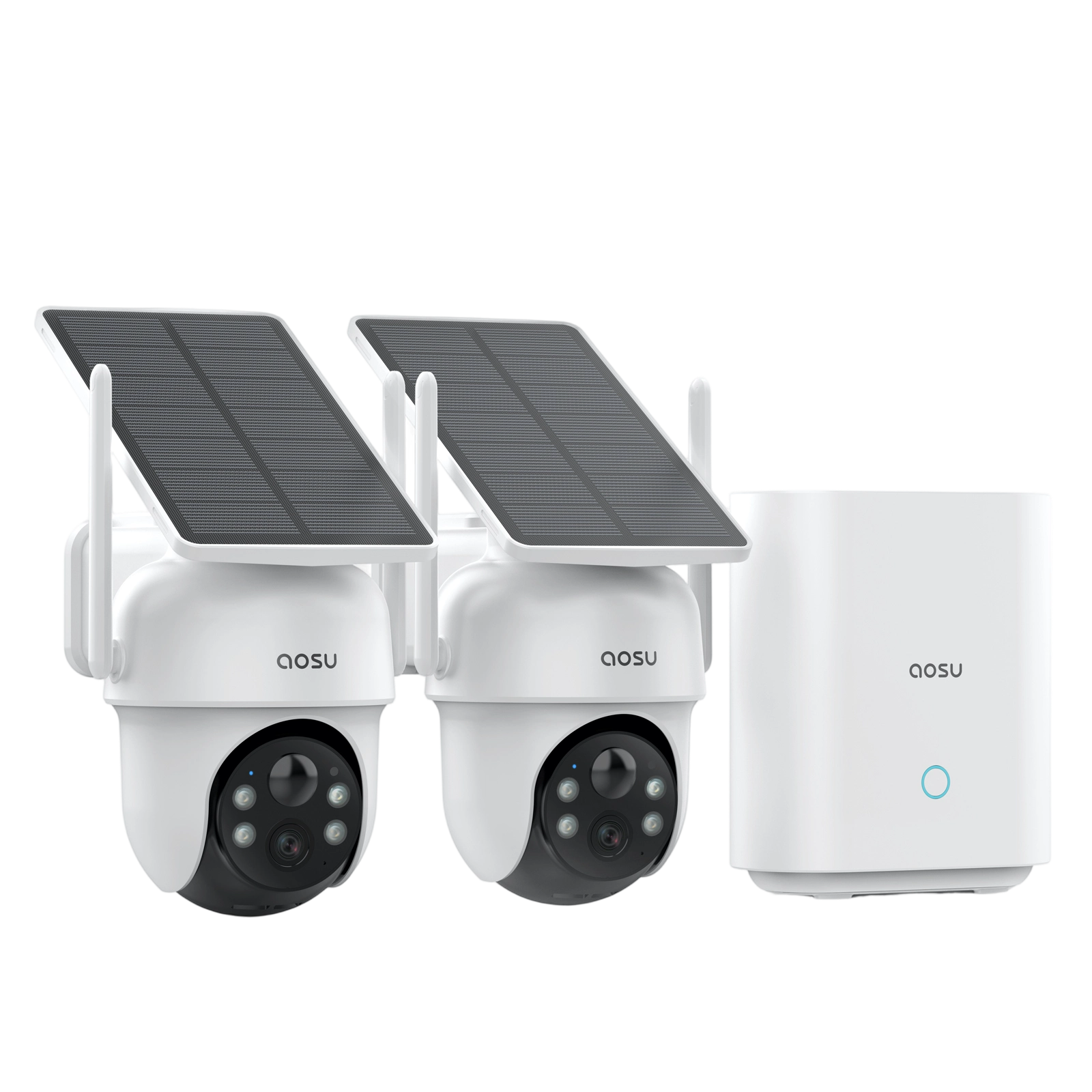
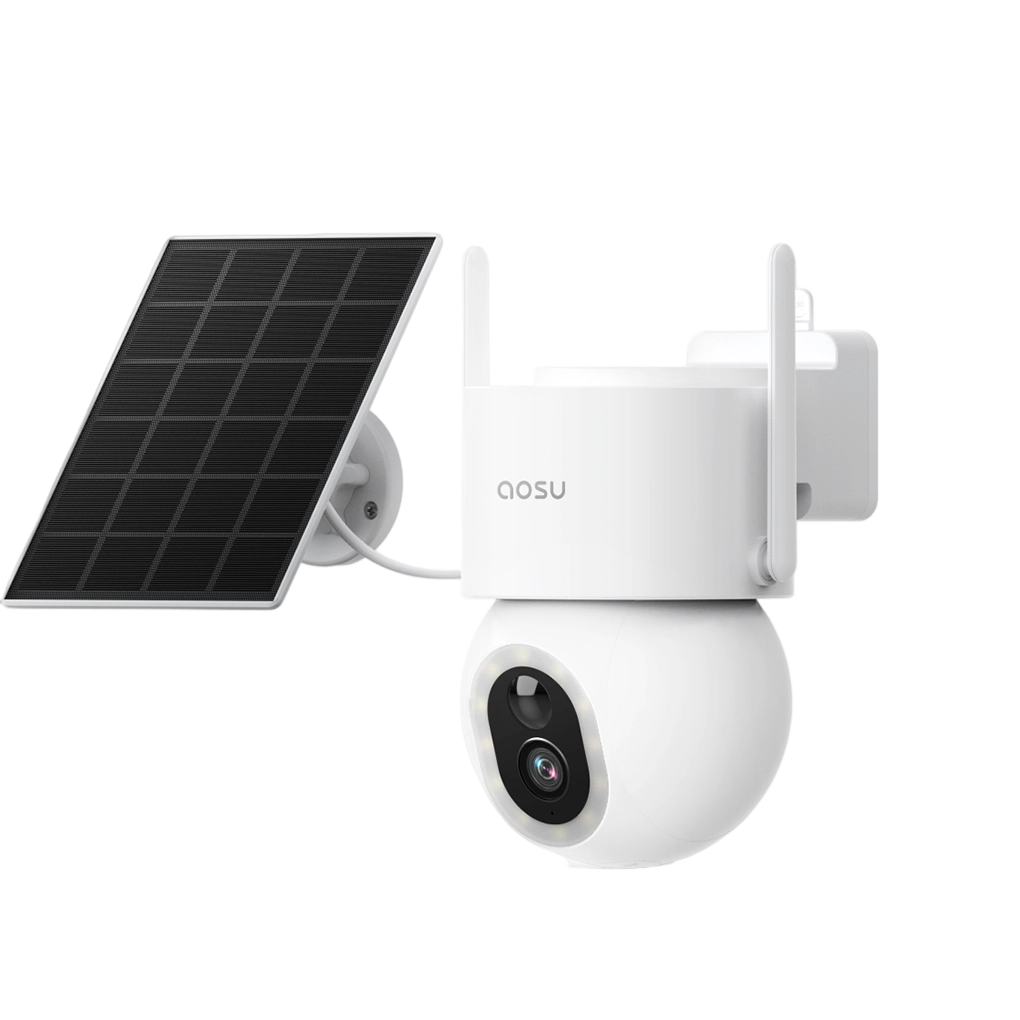
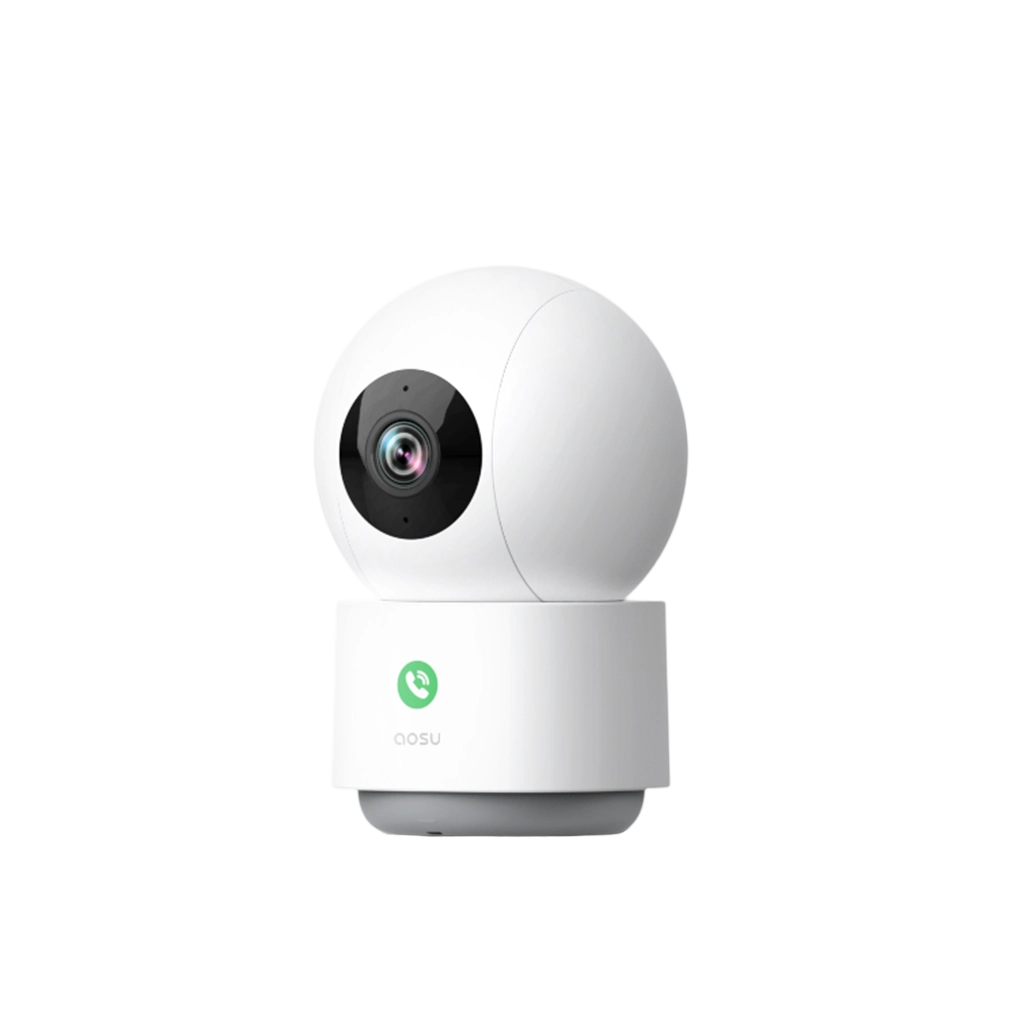
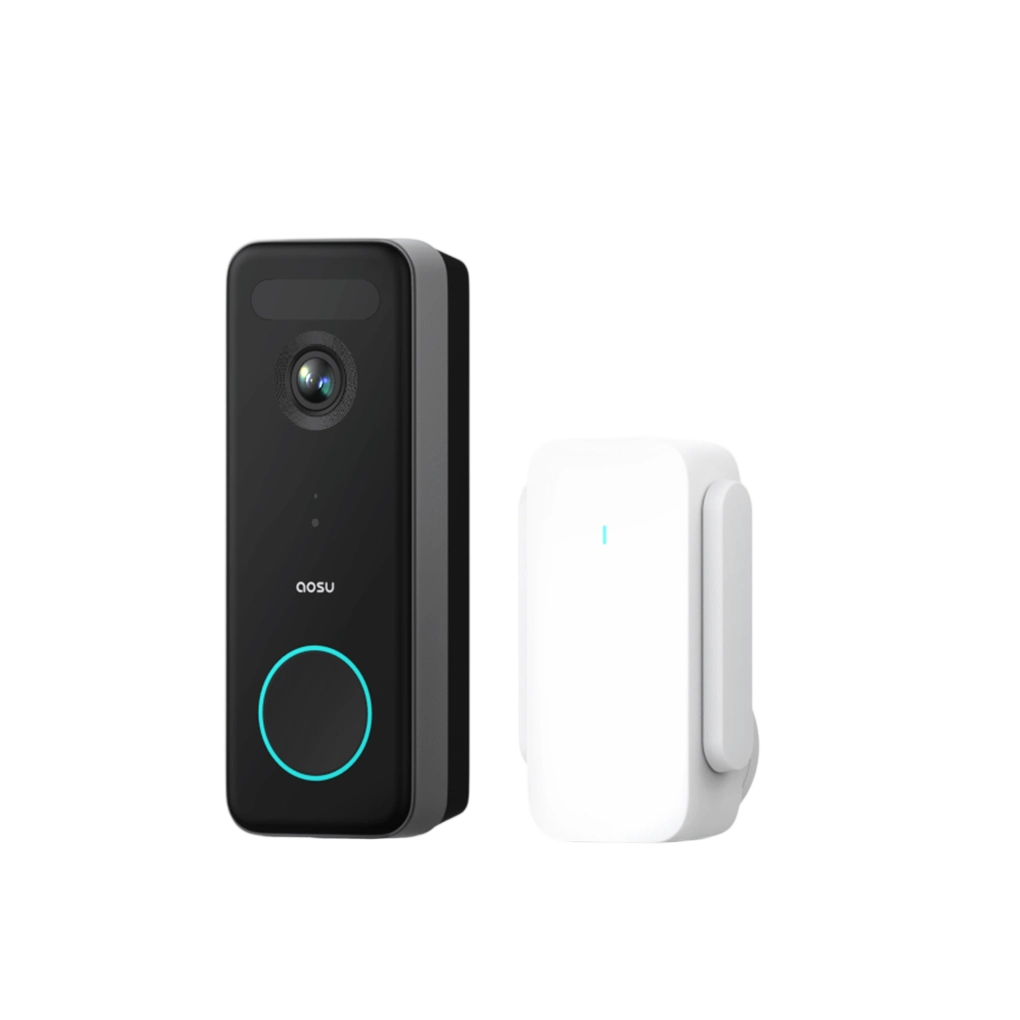
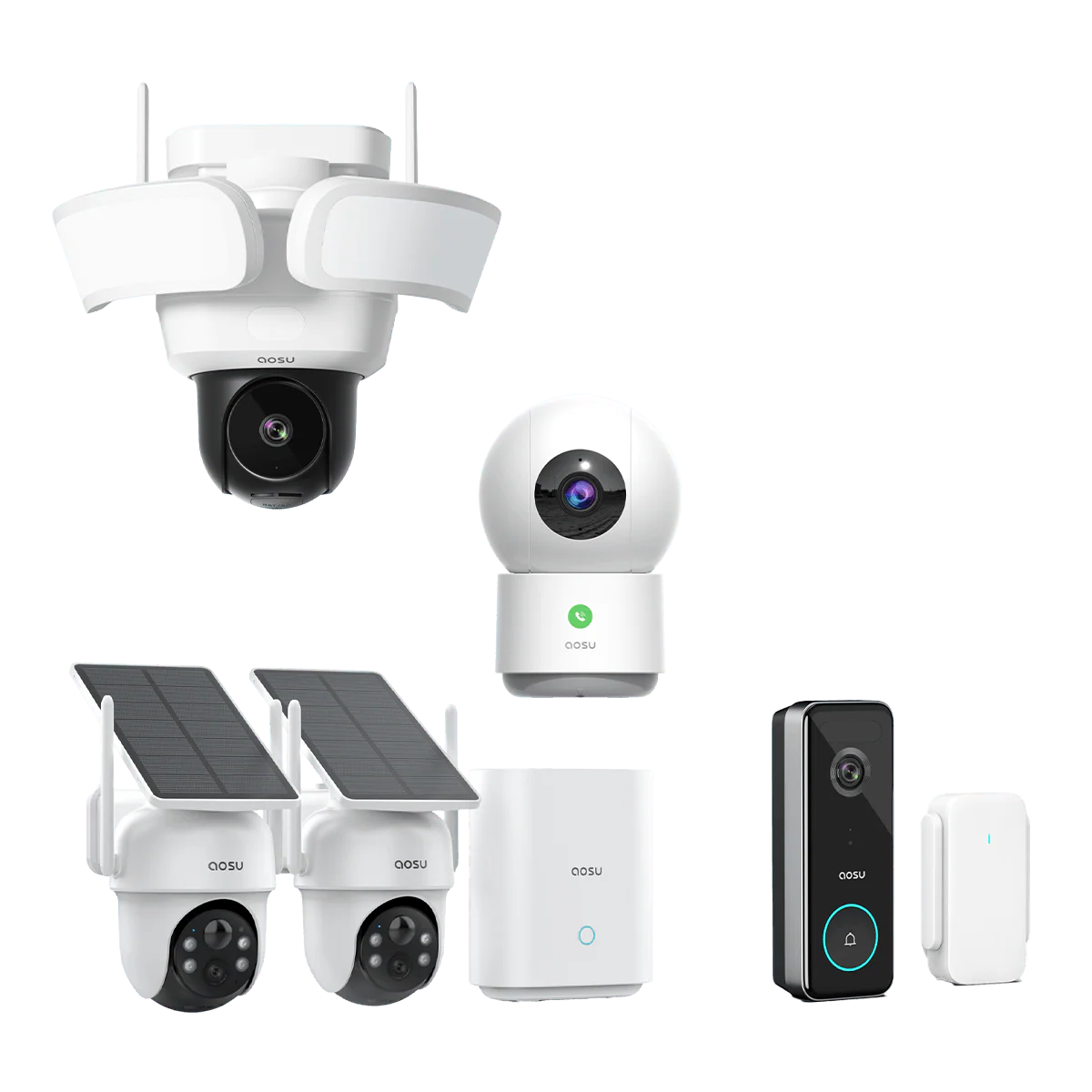
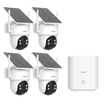
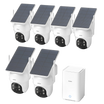
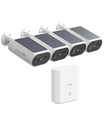

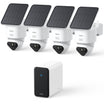

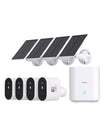
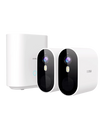
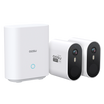
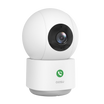

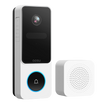
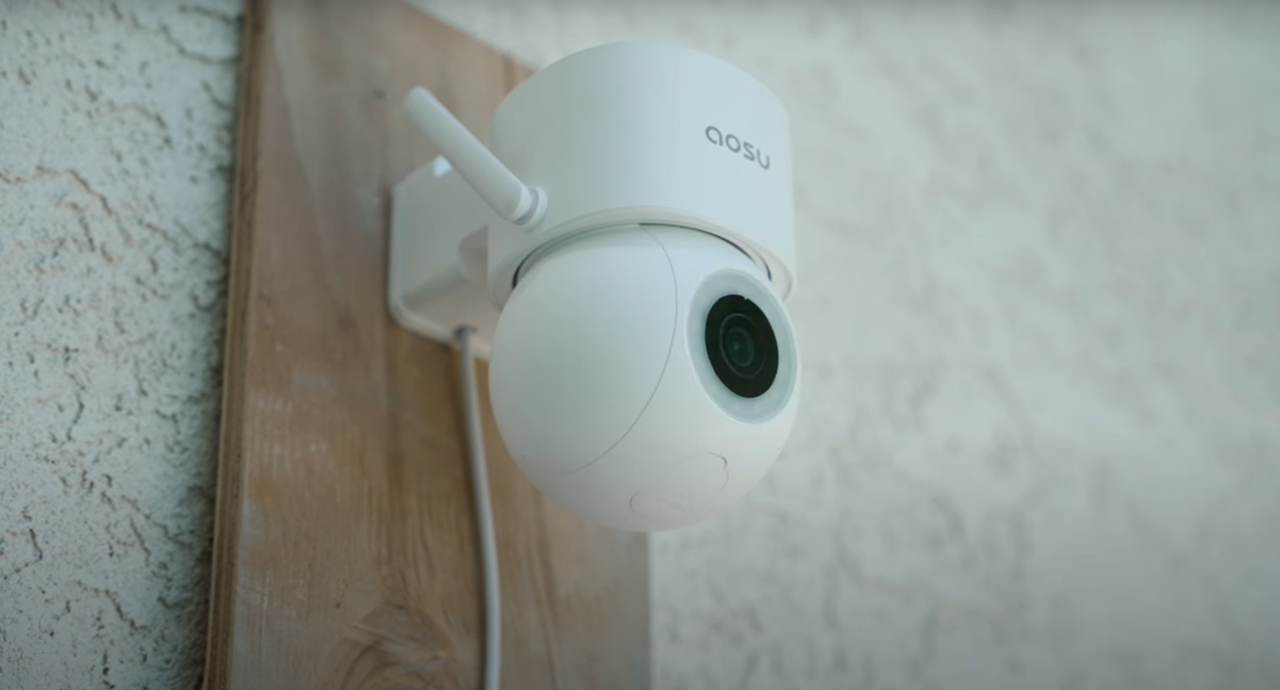
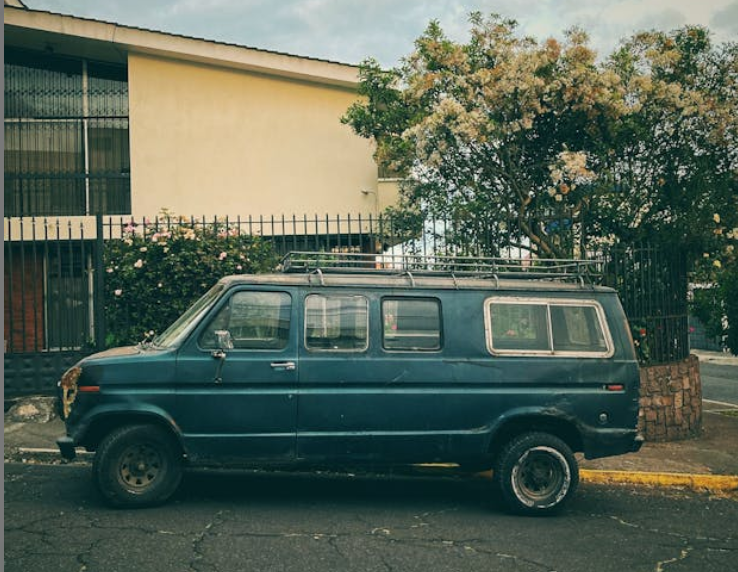
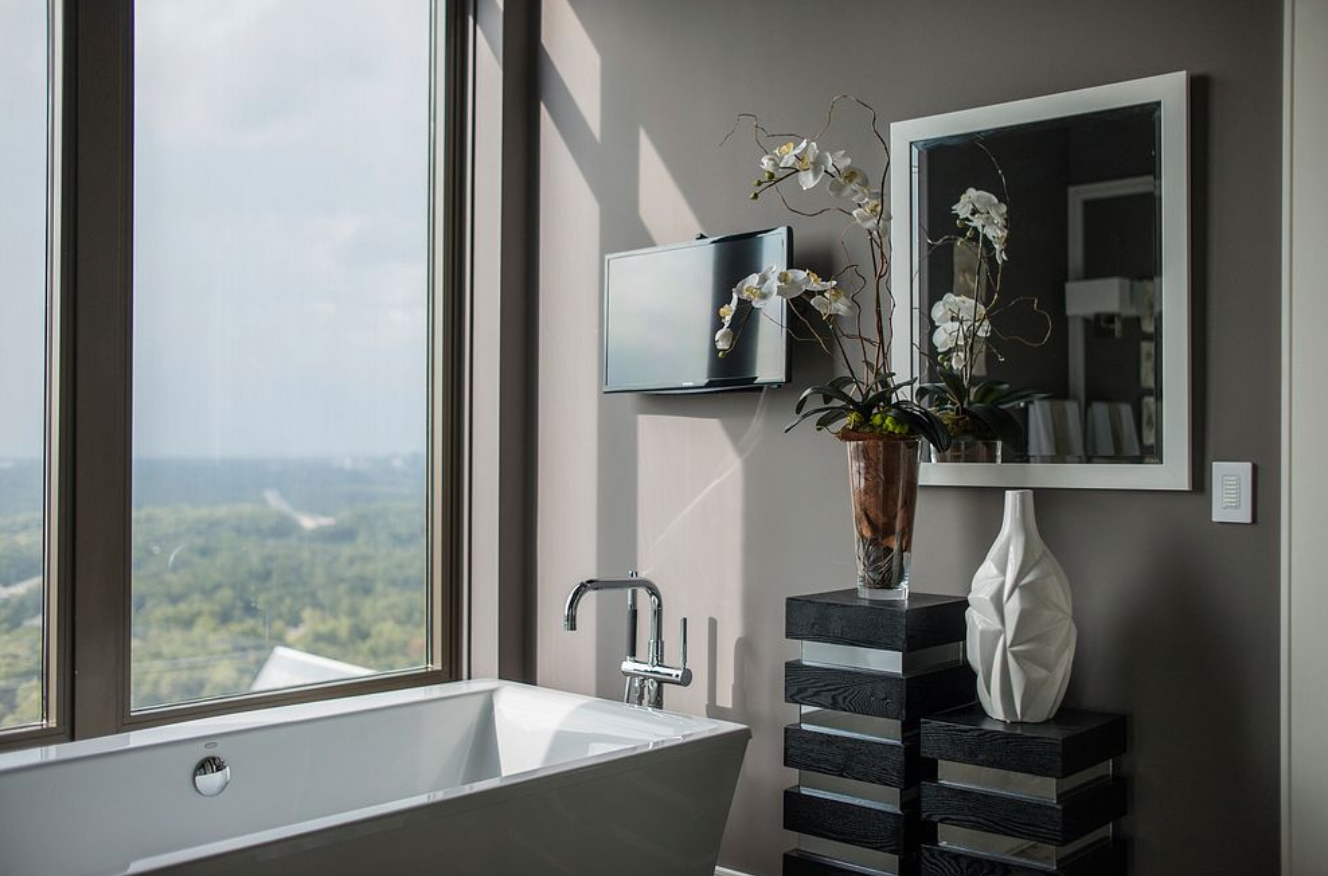

Zostaw komentarz
Ta strona jest chroniona przez hCaptcha i obowiązują na niej Polityka prywatności i Warunki korzystania z usługi serwisu hCaptcha.